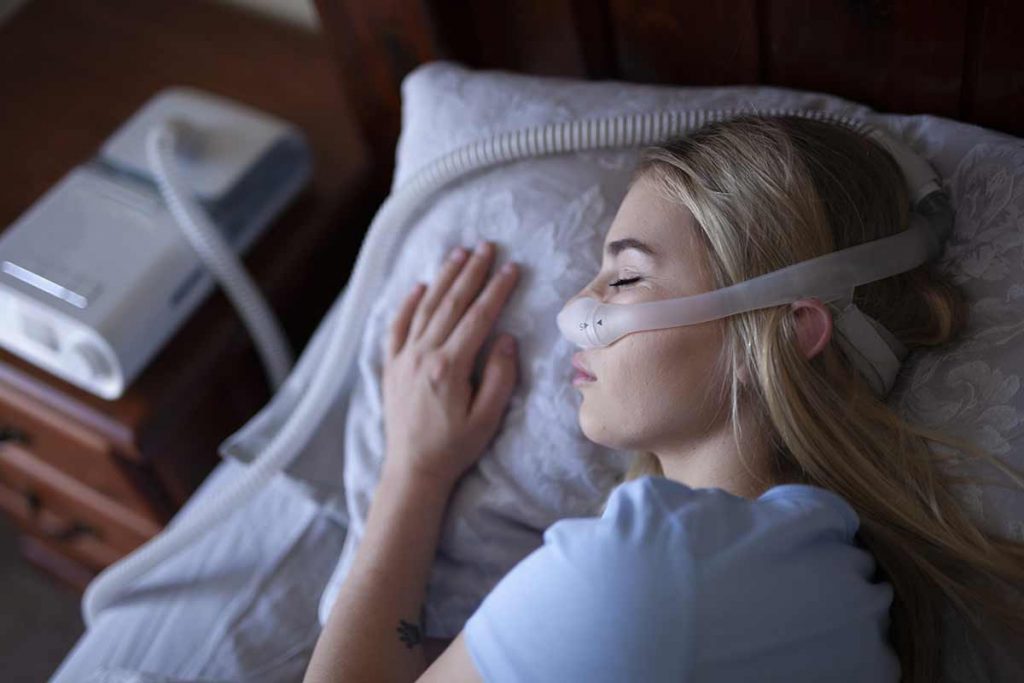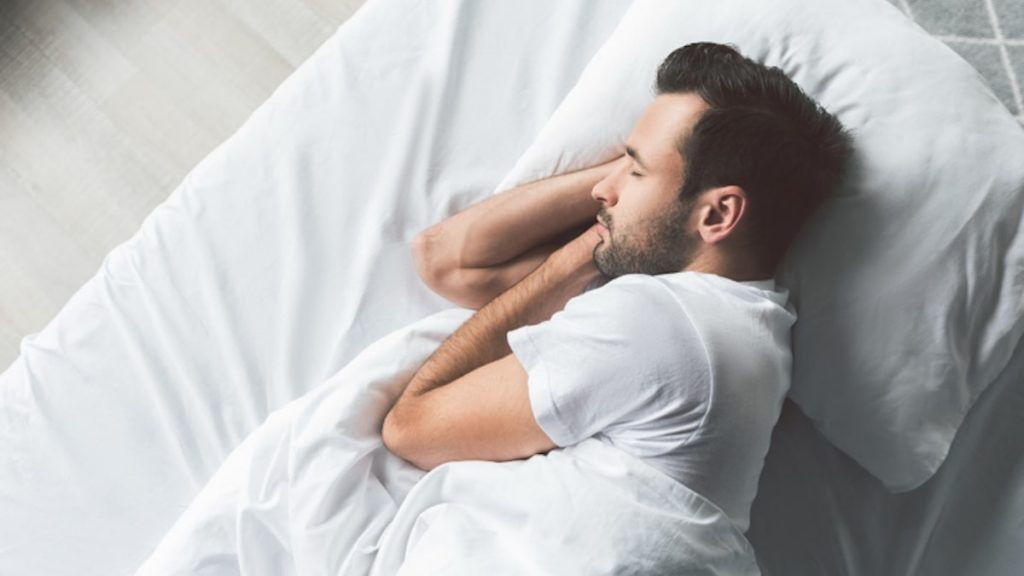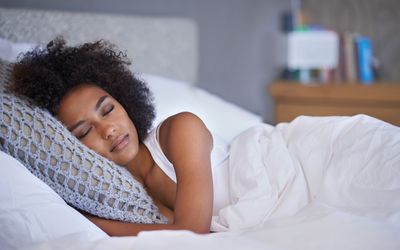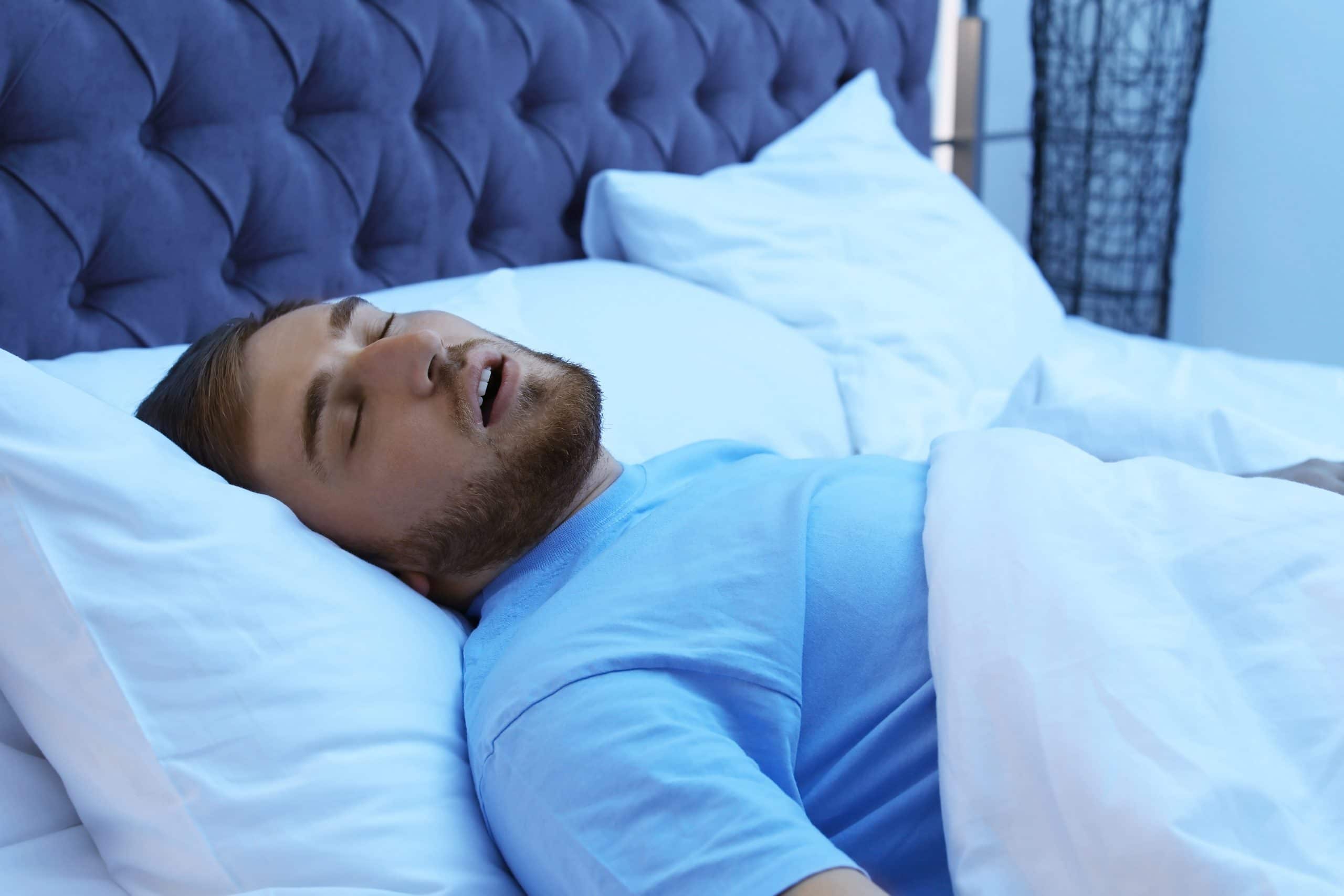SLEEP APNEA TREATMENT OPTIONS
Finding out that you have sleep apnea can be overwhelming. Many people with sleep apnea don’t even suspect they have an issue until a bed partner complains about their snoring, or until they visit a doctor to discuss unexplained fatigue. Although sleep apnea may not always be detectable by the person suffering from the disorder, it should be taken seriously. The condition can put you at risk of heart disease, stroke, weight gain, and fatigue-related accidents. If you’ve recently been diagnosed, you may have questions about your sleep apnea treatment options.
Finding a plan that works for you, and that you can stick to, is critical. Unlike other conditions, sleep therapy is not one-size-fits-all. Successful treatment requires individualization. In the next section, you’ll find our breakdown of your treatment options.

CPAP Therapy
Continuous positive airway pressure (CPAP) is the most common treatment for sleep apnea. The user wears a mask, through which a stream of air is pumped into the lungs during sleep. This positive air pressure prevents the lungs from collapsing and restricting airflow. CPAP is effective at treating sleep apnea AND eliminating snoring.

Oral Appliances
Many sleep apnea sufferers are switching to oral appliances. Not only are these customized devices easy to use, but they are effective! An oral appliance resembles a sports mouthguard and is worn during sleep. They move the lower jaw slightly forward to keep the airway open.
Oral appliances are effective for mild or moderate sleep apnea, and have shown promising results for many who have severe sleep apnea but cannot acclimate to a CPAP therapy. Oral appliances are lightweight, portable, easy to clean and wear. Best of all, they are often covered by your insurance plan.
Positional Therapy
Sleep apnea episodes occur more frequently for “back-sleepers.” Positional therapy teaches the user how to sleep on their side. There are products that can be worn around the midsection that encourage better sleep positions. This treatment is most effective for mild cases of sleep apnea.

Surgery
Surgery is an effective practice to stop snoring, but it does not always have the same effect on sleep apnea. Although snoring is typically a sign of sleep apnea, it is possible to have one condition but not the other. Surgery is unlikely to cure moderate or severe sleep apnea.
However, in children, surgery is much more effective. Enlarged tonsils, or adenoids, are the usual culprit behind snoring or sleep apnea in children. Removing children’s tonsils to treat breathing issues is endorsed by the American Academy of Pediatrics.
Lifestyle Changes
A large majority of sleep apnea sufferers are also overweight or obese. The extra tissue in the back of the throat can block the flow of air and restrict breathing during sleep. Losing weight isn’t always easy – but it is worth the effort!
Bonus: weight loss will also reduce your risk of developing many other health conditions.
Avoiding alcohol before bed is another tactic. Acute and chronic alcohol intake both exacerbate the risk of sleep apnea.

Questions?
If you suspect that you may have sleep apnea or another sleep disorder, please contact us today. We are here to help!



